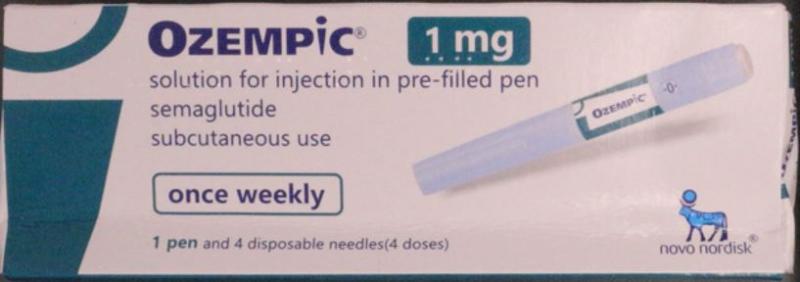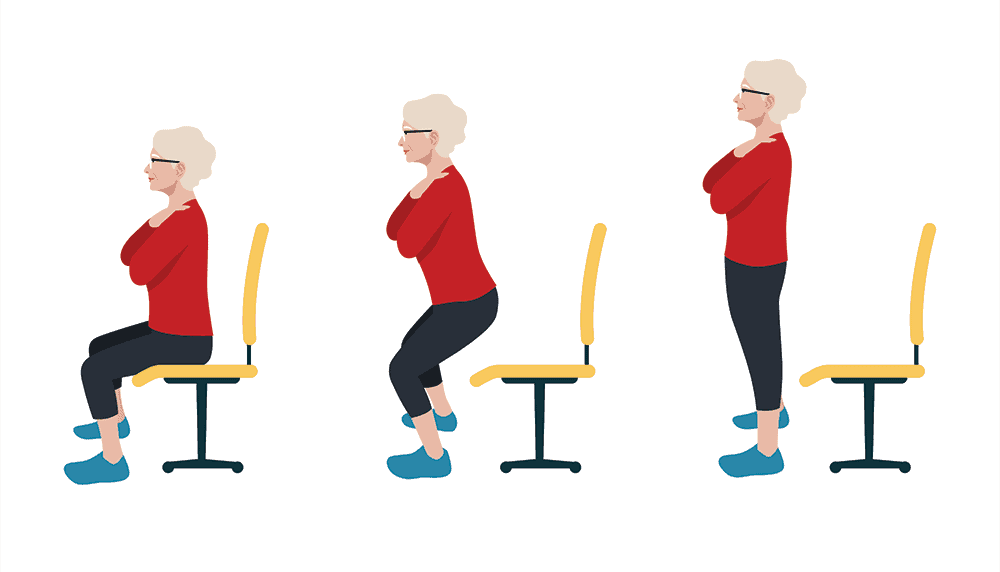Hyperglycaemia – symptoms, risks and management
By Kate Battocchio Accredited Practising Dietitian and Accredited Exercise Physiologist
What is hyperglycaemia?
Hyperglycaemia is the medical term for high blood glucose levels (blood sugar levels) and it affects people with diabetes. Several factors can contribute to hyperglycaemia, including food choices, physical activity, illness, non-diabetes medications, skipping or not taking enough glucose-lowering medication or insulin.
Is hyperglycaemia dangerous?
It is important to manage hyperglycaemia because, left untreated it can lead to short term complications that require emergency medical care like diabetic ketoacidosis (DKA) in type 1 diabetes and hyperosmolar hyperglycaemic state (HHS) in type 2 diabetes. In the long term, persistent high blood glucose levels causes damage to blood vessels leading to complications that affect the nerves, eyes, kidneys and heart.
What are the symptoms of hyperglycaemia?
Hyperglycaemia may not cause symptoms until blood glucose levels are consistently over 10mmol/L. The higher and more consistently elevated blood glucose levels are, the more obvious the symptoms. This is why many people may not know they have diabetes, as despite their blood glucose level being above 10mmol/L some of the time, it may not be elevated consistently or high enough to cause symptoms.
Early signs and symptoms of hyperglycaemia include:
- Frequent urination
- Increased thirst
- Fatigue
- Weight loss
- Blurred vision
- Infections
Later signs and symptoms of hyperglycaemia
If hyperglycaemia goes untreated, it can cause toxic acids (ketones) to build up in your blood and urine (ketoacidosis). Signs and symptoms include:
- Fruity-smelling breath
- Nausea and vomiting
- Abdominal pain
- Shortness of breath
- Dry mouth
- Weakness
- Confusion
What causes hyperglycaemia?
Many factors can contribute to hyperglycaemia, including:
- Not enough insulin or oral diabetes medication
- Not injecting insulin properly or using expired insulin
- Making unsuitable food choices and/or eating too much food
- Inactivity
- Illness or infection
- Using certain medications, such as steroids
- Being injured or having surgery
- Experiencing emotional stress, such as family conflict or workplace challenges
What can you do to manage hyperglycaemia?
In the short term, if you are experiencing blood glucose levels over 10-12mmol/L you need to determine what is causing the hyperglycaemia. Are you unwell, do you have an infection? Have you recently been treated with steroids or has there been an increase in stress in your life?
During this time of elevated blood glucose levels you might consider the following:
- Follow your sick day plan
- If unwell, manage the illness or seek medical review and/or treatment
- Monitor your glucose levels more regularly
- Keep hydrated
- Seek medical attention if not improving or you are unable to look after yourself
- Consider a medical review for advice on any changes to management
If you live with type 1 diabetes you could also consider:
Monitoring ketone levels
Administering correction insulin
If you have been experiencing elevated bloods glucose levels for some time, you need to consider your current management and what changes may be needed to bring your glucose levels back into target
- Consider a review with your medical practitioner or diabetes educator
- Look at lifestyle factors – healthy eating and physical activity
- Have you been missing your medications?
- Managing stress
When should you seek medical assistance?
Call 000 or emergency medical assistance if:
- You are sick and can’t keep any food or fluids down
- Your blood glucose levels are persistently above 15 mmol/L and you have ketones
- Your health is deteriorating
- You are unable to continue to care for yourself/ manage your diabetes
Make an appointment with your doctor if:
- You experience ongoing diarrhoea or vomiting, but you’re able to eat and maintain fluid intake
- You have a fever that lasts more than 24 hours
- Your blood glucose is more than 15 mmol/L even though you’ve taken your diabetes medication
- You have trouble keeping your blood glucose within the desired range
What can you do to reduce the likelihood of hyperglycaemia developing?
Hyperglycaemia cannot be avoided completely when you live with diabetes. The following tips may help you to keep your blood glucose levels in range:
- Follow a healthy meal plan for diabetes. An Accredited Practising Dietitian can help you to understand what to eat, and how much to eat for your body and lifestyle.
- Take your medication as prescribed by your doctor.
- Monitor your blood glucose regularly if it is outside of range, and have your doctor review it. Your doctor may need to modify the dose or change medications if hyperglycaemia persists.
- Move more. Regular, consistent physical activity will help your body to use glucose as well as making your body more sensitive to insulin. An Accredited Exercise Physiologist can help you to formulate a personal physical activity plan.
- Prevent weight gain.
- Have a current sick day plan to follow when you are well
- Manage stress




